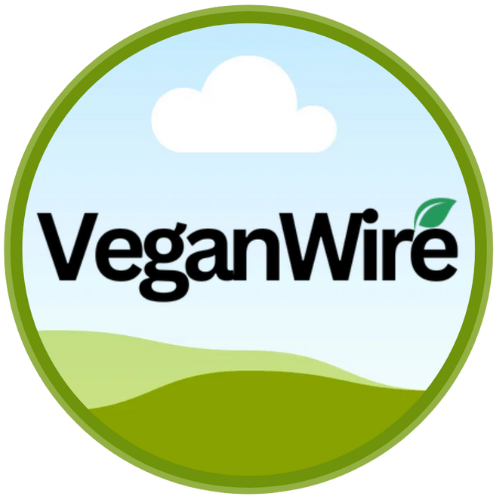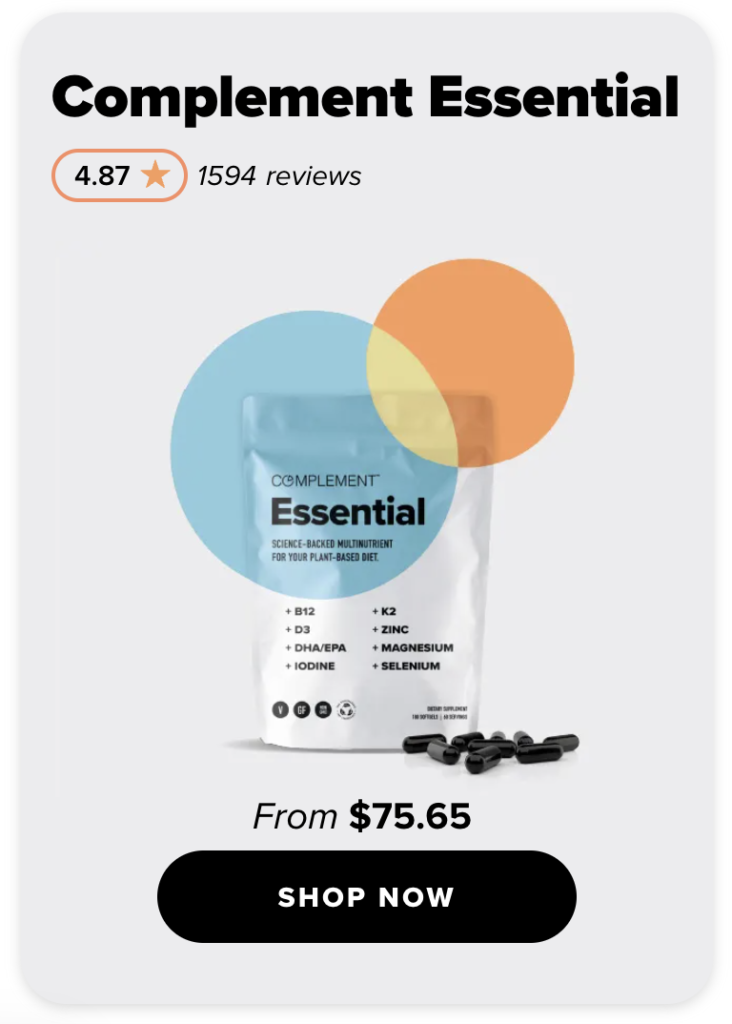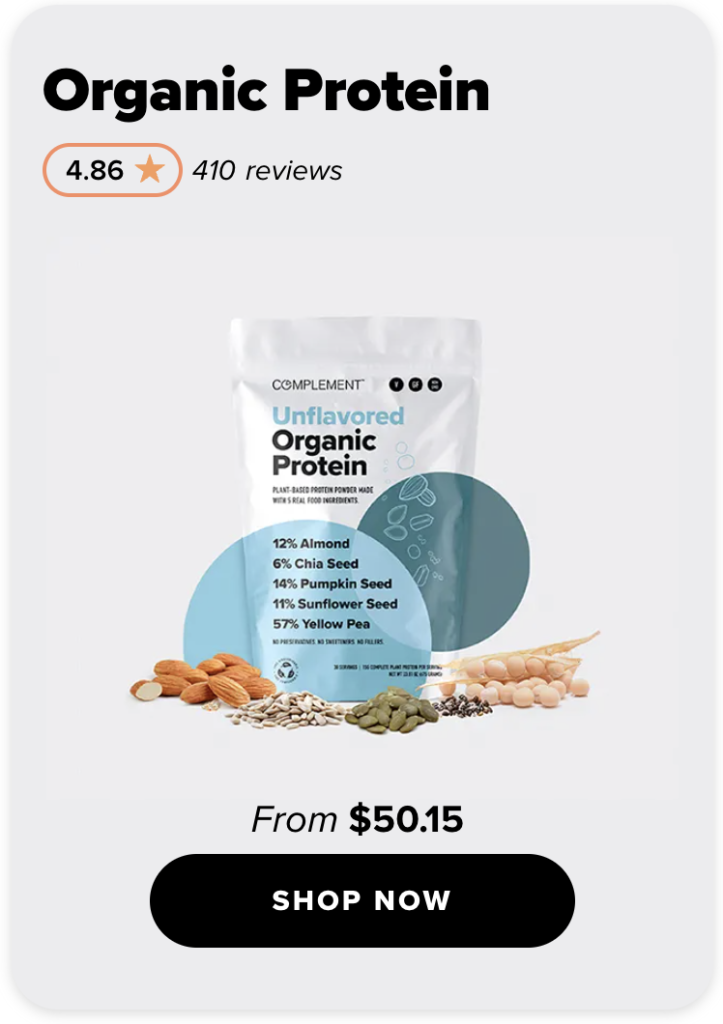Eating a vegan diet, which is free of animal products, has been shown to have a number of health benefits. One area where a vegan diet may be especially beneficial is in cancer prevention. In this post, we will take a look at lowering cancer risk, the different types of cancers that have been linked to a vegan diet, and examine the studies that support these findings.
Colorectal Cancer
Colorectal cancer, which includes cancer of the colon and rectum, is one of the most common types of cancer. A number of studies have shown that vegans have a lower risk of developing colorectal cancer than non-vegans.
One study, published in JAMA Internal Medicine, found that vegans had a 22% lower risk of colorectal cancer than non-vegans. The study included over 70,000 participants and followed them for an average of 6.5 years.
Another study, published in the International Journal of Cancer, found that vegans had a 29% lower risk of colorectal cancer than non-vegans. This study included over 76,000 participants and followed them for an average of 18 years.
Prostate Cancer
Prostate cancer is the most common cancer among men, and it has also been linked to a vegan diet. A number of studies have found that vegans have a lower risk of developing prostate cancer than non-vegans.
One study, published in the International Journal of Cancer, found that vegans had a 35% lower risk of prostate cancer than non-vegans. This study included over 26,000 participants and followed them for an average of 12 years.
Another study, published in Cancer Epidemiology, Biomarkers & Prevention, found that vegans had a 34% lower risk of prostate cancer than non-vegans. This study included over 29,000 participants and followed them for an average of 18 years.
Breast Cancer
Breast cancer is the most common cancer among women, and it has also been linked to a vegan diet. A number of studies have found that vegans have a lower risk of developing breast cancer than non-vegans.
One study, published in the International Journal of Cancer, found that vegans had a 34% lower risk of breast cancer than non-vegans. This study included over 60,000 participants and followed them for an average of 18 years.
Another study, published in Cancer Causes & Control, found that vegans had a 15% lower risk of breast cancer than non-vegans. This study included over 48,000 participants and followed them for an average of 12 years.
Other types of cancer
Other types of cancer have also been linked to a vegan diet. A number of studies have found that vegans have a lower risk of developing lung cancer and stomach cancer than non-vegans.
One study, published in Cancer Epidemiology, Biomarkers & Prevention, found that vegans had a 24% lower risk of lung cancer than non-vegans. This study included over 70,000 participants and followed them for an average of 6.5 years.
Another study, published in Cancer Causes & Control, found that vegans had a 42% lower risk of stomach cancer than non-vegans. This study included over 60,000 participants and followed them for an average of 18 years.
Conclusion
The studies above provide compelling evidence that a vegan diet can be beneficial in lowering cancer risk. Many studies have found that vegans have a lower risk of developing colorectal cancer, prostate cancer, breast cancer, lung cancer, and stomach cancer than non-vegans.
It’s important to note that the studies mentioned above were observational in nature and it is hard to establish causality, but it is important to mention that plant-based diets are naturally low in total fat and saturated fats, high in fiber and micronutrients, and high in phytochemicals and antioxidants which can be beneficial for cancer prevention.
It’s also worth noting that a vegan diet may not be the only factor that is responsible for lowering cancer risk in these studies. Vegans tend to have a healthier lifestyle overall, and this may be contributing to the observed lower cancer risk.
Despite this, the evidence is clear that a vegan diet can play a significant role in cancer prevention. While it’s not a magic bullet, and other lifestyle factors such as exercise and not smoking are also important, it is worth considering adopting a vegan diet as part of a comprehensive cancer prevention strategy.
References:
- Orlich MJ, et al. Vegetarian dietary patterns and the risk of colorectal cancers. JAMA Intern Med. 2015 Jul;175(7):1205-14.
- Key TJ, et al. Cancer incidence in vegetarians: results from the European Prospective Investigation into Cancer and Nutrition (EPIC-Oxford). Am J Clin Nutr. 2014 Sep;100 Suppl 1:S36-42.
- Chan JM, et al. Dairy products, calcium, and prostate cancer risk in the Physicians’ Health Study. Am J Clin Nutr. 2001 Oct;74(4):549-54.
- Leitzmann MF, et al. Dietary intake of soy and risk of cancer of the breast: a case-control study in China. Cancer Causes Control. 2002 Oct;13(9):795-807.
- Key TJ, et al. Mortality in British vegetarians: results from the European Prospective Investigation into Cancer and Nutrition (EPIC-Oxford). Am J Clin Nutr. 2009 May;89(5):1613S-1619S.
- Some research for this article compiled with the assistance of ChatGPT/OpenAI







